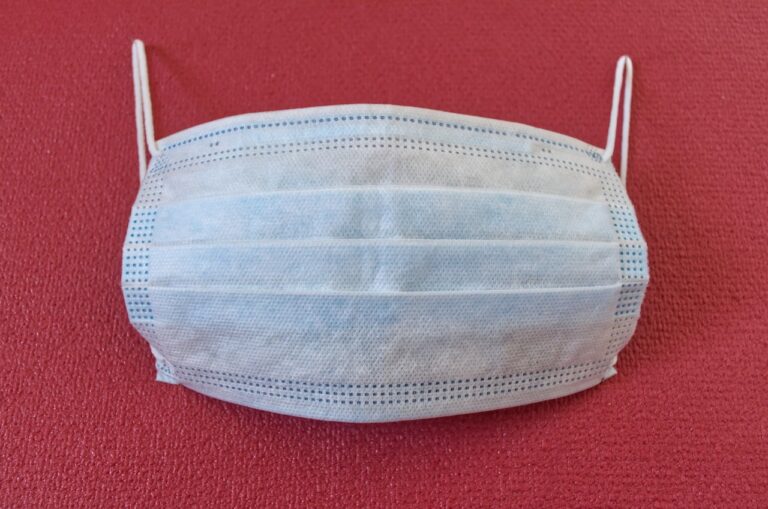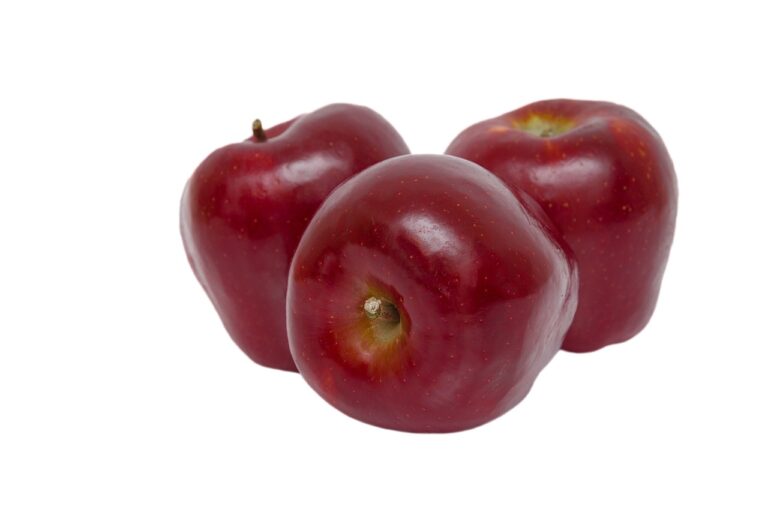Biotechnology Approaches for Sustainable Waste Management in Cities: Golden exchange, Cricbet99, King567
golden exchange, cricbet99, king567: Biotechnology Approaches for Sustainable Waste Management in Cities
Are you tired of seeing piles of waste lining the streets of your city? Do you wish there was a more sustainable solution to manage waste and reduce environmental impact? Look no further than biotechnology approaches for sustainable waste management in cities.
With the increasing population and urbanization, cities are producing more waste than ever before. Traditional waste management practices, such as landfilling and incineration, are not only harmful to the environment but also unsustainable in the long run. Biotechnology offers innovative solutions to tackle this growing issue and promote a more sustainable future.
Let’s delve deeper into how biotechnology approaches can revolutionize waste management in cities:
1. Organic Waste Conversion
Biotechnology enables the conversion of organic waste into valuable products such as biofuels, bioplastics, and fertilizers. By utilizing microorganisms to break down organic matter, cities can reduce the amount of waste sent to landfills and decrease greenhouse gas emissions.
2. Bioremediation
Bioremediation involves the use of living organisms to detoxify and remove pollutants from contaminated environments. By harnessing the power of biotechnology, cities can clean up soil, water, and air polluted by industrial activities and municipal waste disposal.
3. Anaerobic Digestion
Anaerobic digestion is a biological process that breaks down organic matter in the absence of oxygen, producing biogas as a byproduct. This renewable energy source can be used to generate electricity and heat, reducing the reliance on fossil fuels and mitigating climate change.
4. Microbial Fuel Cells
Microbial fuel cells use bacteria to convert organic waste into electricity through a series of electrochemical reactions. This innovative technology can power sensors, lighting, and other devices in smart cities, paving the way for a more sustainable and energy-efficient future.
5. Algal Bioreactors
Algal bioreactors utilize algae to capture carbon dioxide and nutrients from wastewater, producing biomass that can be used for biofuel production. By integrating algal bioreactors into wastewater treatment plants, cities can enhance nutrient removal and reduce carbon emissions.
6. Bioaugmentation
Bioaugmentation involves adding beneficial microorganisms to waste treatment systems to enhance biodegradation and improve waste treatment efficiency. This biotechnology approach can accelerate the decomposition of pollutants and harmful substances, leading to cleaner and healthier urban environments.
These are just a few examples of how biotechnology approaches can transform waste management in cities and promote sustainability. By embracing these innovative solutions, cities can reduce waste generation, minimize environmental pollution, and create a more circular economy that maximizes resource efficiency.
FAQs
Q: How can biotechnology help cities achieve zero waste goals?
A: Biotechnology enables cities to implement advanced waste treatment technologies that divert organic waste from landfills, recover valuable resources, and promote recycling and reuse practices.
Q: Are biotechnology approaches cost-effective for waste management?
A: While initial investments in biotechnology solutions may be higher than traditional waste management methods, the long-term benefits, such as reduced environmental impact and resource recovery, outweigh the costs.
Q: Can biotechnology address all types of waste in cities?
A: Biotechnology offers versatile and customizable solutions for managing various types of waste, including organic, inorganic, and hazardous waste. By tailoring biotechnological approaches to specific waste streams, cities can achieve optimal results in waste management.
In conclusion, biotechnology approaches hold great potential for revolutionizing waste management in cities and steering towards a more sustainable future. By harnessing the power of microorganisms and innovative technologies, cities can transform waste into valuable resources, reduce environmental harm, and build resilient urban ecosystems. Let’s embrace biotechnology for sustainable waste management and pave the way for cleaner, greener, and healthier cities.







